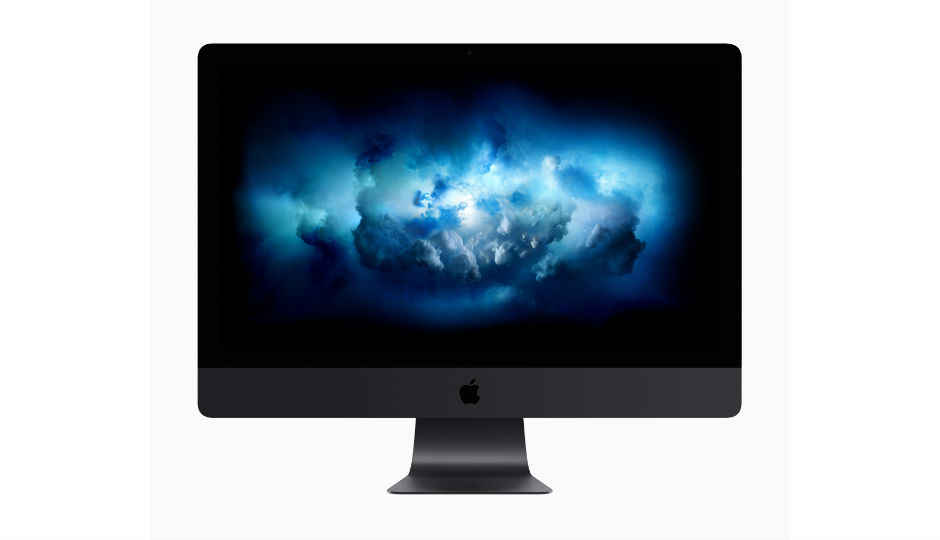Apple may ship Macs with proprietary chipset by 2020-2021, analyst Ming-Chi Kuo predicts
The analyst also said that Apple may use a TSMC-manufactured custom silicon chip on its autonomous Apple Car system by 2023.

Echoing an April Bloomberg report which claimed that Apple will replace Intel chips in Macs with proprietary chipset in 2020, Ming-Chi Kuo has predicted that Apple will indeed make the switch from Intel chips on Macs to their own proprietary chipsets in 2020. Not only that, the analyst forecasts that the Taiwan Semiconductor Manufacturing Company (TSMC) will produce custom silicon chips for Apple’s autonomous car system.
 Survey
SurveyIn the latest note, Ming-Chi Kuo reportedly says that Apple will introduce the first Mac with custom ARM-based chips in 2020 or 2021. He believes that the move could benefit Apple because then it will not have to depend on Intel’s processor release schedule, will get higher profit margins which may result in higher market share if Apple chooses to offer lower prices on future Macs. He says while the industry could see Macs with Apple chips by 2020, the autonomous Apple Car system may be run from custom silicon by 2023. Kuo predicts that TSMC will produce custom chips for “Apple Car’s Advanced Driver Assistance Systems.” and the company may bring Level 4 or Level 5 fully autonomous driving to consumers. He claims that that only TSMC’s 3nm or 5nm chip process will enable that level of autonomous driving.
While talking about TSMC’s role, the analyst also said that TSMC will be the sole supplier for Apple’s A-series chips in the next two years, that is, it will manufacture A13 chips for 2019 iPhones and A14 processors for iPhones in 2020. In the process, TSMC is also believed to reap benefits for being the only vendor to supply A-series chips. Apple is also predicted to become more dependent on TSMC “due to its high quality design and production compared to other manufacturers as well as absence of a conflict of interest between the two.” Kuo also claimed that the iPhone XR will sell better than expected and “TSMC will have a better Q1 in 2019 with the A12 than it did producing the A11.”
Amid its rivalry with Samsung, Apple reportedly invested $2.7 billion (or 3 trillion Korean Won) in LG Display's OLED plant to secure supplies for future iPhones. A report claimed the Cupertino-based tech giant had ordered 3-5 million OLED displays from LG. The move was seen as an effort to reduce company’s dependency on Samsung for supplying display panels for iPhones.
When it comes to processors, Apple snubbed Qualcomm and instead chose Intel for this year’s modems in the iPhone XS and iPhone XS Max. As per an iFixit teardown, the devices come equipped with Intel PMB9955 baseband processor, which is likely the XMM7560 modem chip. Additionally, the teardown revealed that both the phones feature a flash storage module, which is manufactured by Toshiba.
Digit NewsDesk
Digit News Desk writes news stories across a range of topics. Getting you news updates on the latest in the world of tech. View Full Profile